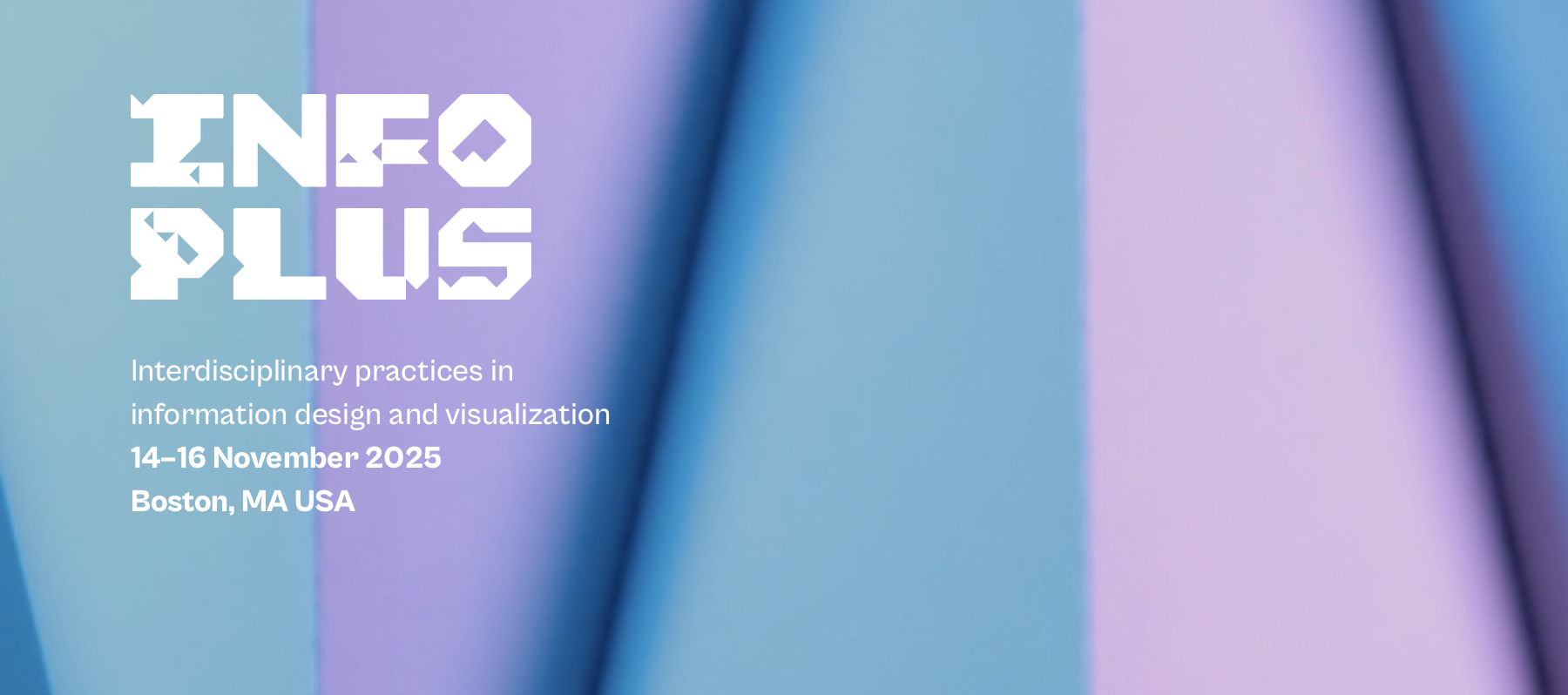Description
Humanistic datasets increasingly include new levels of nuance and complexity, capturing something of the multi-faceted and systemic nature of human experience. These datascapes enable new kinds of exploratory investigation and suggest the sharable record of use, which traverse diverse semantic contexts (spatial, temporal, conceptual) at zoomable scale. With such data often modelled as complex entangled knowledge graphs, novel interface design approaches are needed that render informational richness legible to the user by means of lenticular and graphical distillation.
We present ‘Flow States,’ interactive visualisation prototypes designed to address this challenge by adopting and adapting techniques from sequential graphical narrative to preserve complexity, resist reduction, support multiple viewpoints and encourage discovery and knowledge-making. Through worked examples developed from a range of historical datasets – including census records, oral history recordings, social history archives, we demonstrate the generalisability of this approach in revealing the interplay of mobilities, sociabilities, cultural imaginaries and identity.

